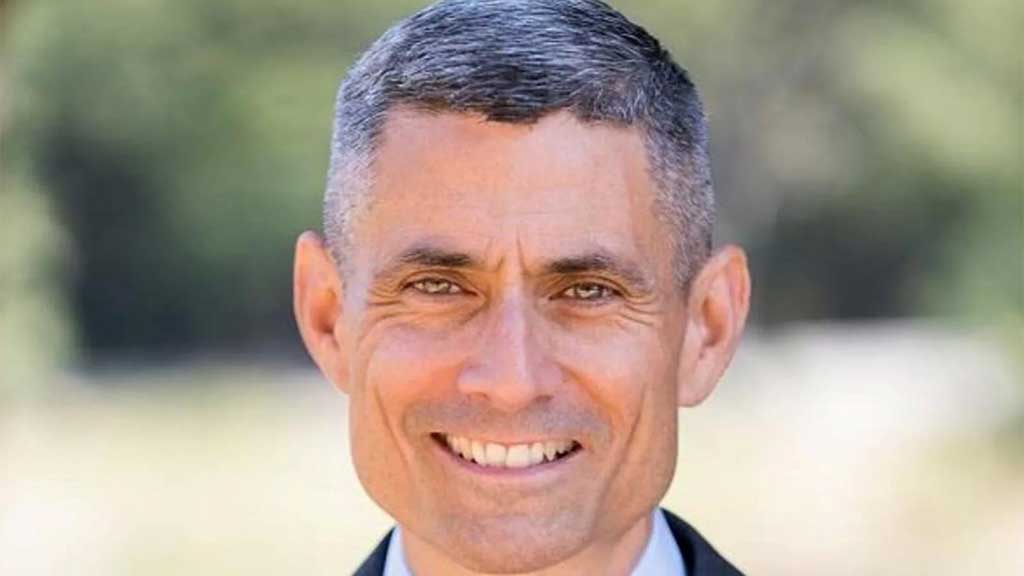Who is Paul Kapur, the new US assistant secretary of state for South Asia?

Published :
Updated :

Paul Kapur, a distinguished Indian-origin academic, has been appointed as the new US assistant secretary of state for South and Central Asian Affairs, a key diplomatic post overseeing relations with countries including India and Bangladesh.
The US Senate Committee on Foreign Relations approved his nomination on Tuesday, following his selection by President Donald Trump in February.
Kapur is the second individual of Indian descent to hold this top diplomatic role for the South Asian region, succeeding Nisha Desai Biswal, who previously served as the assistant secretary of state for South and Central Asian Affairs.
He is a professor in the Department of National Security Affairs at the United States Naval Postgraduate School, specialising in South Asian politics, security, and international relations.
During his Senate confirmation hearing in June, he outlined his priorities, stating that if confirmed, he would focus on strengthening US security, countering China's influence, and expanding trade cooperation with South Asian nations.
He specifically noted that Bangladesh's economy is the second largest in the region, after India.
Addressing the perennial tensions between India and Pakistan, he said that South Asia had "recently avoided a costly conflict”.
He pledged that his tenure would be dedicated to "advancing longstanding US security interests with India and Pakistan through the pursuit of peace and stability, and the fight against terrorism."
According to the biography provided by the Naval School, Kapur served on the State Department’s Policy Planning Staff, working on issues related to South and Central Asia, Indo-Pacific strategy, and US-India relations from 2020-2021.
Previously, he taught at Claremont McKenna College and was a visiting professor at Stanford University.
He is the author of “Jihad as Grand Strategy: Islamist Militancy, National Security, and the Pakistani State”; “Dangerous Deterrent: Nuclear Weapons Proliferation and Conflict in South Asia”; co-author of “India, Pakistan, and the Bomb: Debating Nuclear Stability in South Asia” and “The Challenges of Nuclear Security: US and Indian Perspectives”.
A prolific writer, his work has been published in several prominent journals and publications, including The Wall Street Journal, The National Interest, and RealClearPolicy.
He received his PhD from the University of Chicago and his BA from Amherst College.


 For all latest news, follow The Financial Express Google News channel.
For all latest news, follow The Financial Express Google News channel.